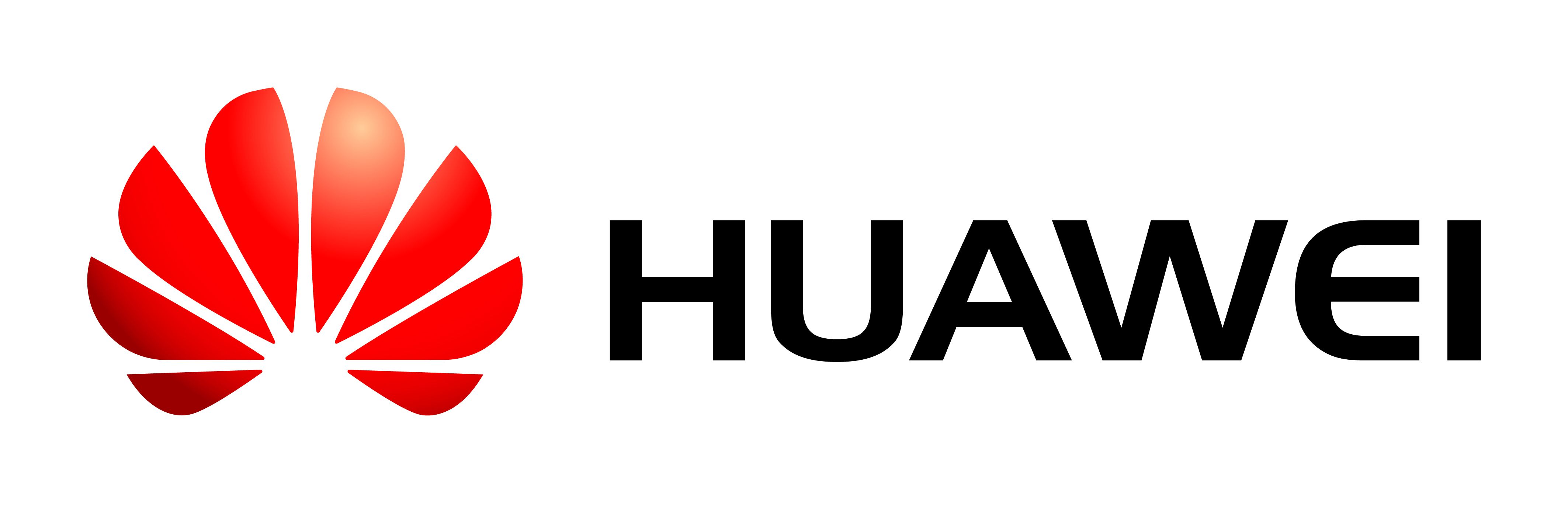Huawei Pushes Back Hard at FCC
The smarter way to stay on top of the multichannel video marketplace. Sign up below.
You are now subscribed
Your newsletter sign-up was successful
Huawei continues to try to head off the momentum for banishing its tech product from U.S. 5G networks.
In a filing at the FCC, the Chinese tech company said the government's "overriding" telecom policy goal should be to get mobile broadband to as many consumers as possible as quickly as possible in the race to 5G, whose benefits will accrue "regardless of who manufactures the network equipment."
U.S. intelligence agencies have collectively told Congress they are concerned about Chinese tech in U.S. systems due to the companies alleged cozy relationship with the Chinese government, which is the U.S.'s chief competitor in the race to 5G. Huawei president Ren Zhengfei said his company does not spy or provide technological back doors to its products.

Congress responded by adding a phase-out of Huawei tech in government contracts to the Defense Authorization Act.
But Huawei earlier this month challenged that restriction in a Texas district court (Huawei Technologies USA is based in Texas).
Separately the FCC is considering its own limitations on Huawei, potentially denying networks with Huawei tech access to broadband subsidy money, which has prompted the Huawei pushback.
"Huawei is ready to help build real 5G network in the U.S., through real competition," the company told the FCC. "As it has stated in previous comments in this docket, Huawei recognizes that supply chain security in the face of a wide range of potential threats is and should be a high priority throughout the U.S. Government. But, as Huawei has also demonstrated in its comments, all equipment used by U.S. telecommunications carriers is potentially vulnerable to threats from multiple vectors. To be perfectly clear, Huawei is not claiming that its equipment is immune to potential vulnerabilities. But there is not, and never has been, any evidence that Huawei has engaged in or abetted any deliberate weakening of security or any effort at eavesdropping or penetration of U.S. (or any other) networks."
The smarter way to stay on top of the multichannel video marketplace. Sign up below.
Related: T-Mobile's Legere: No Huawei Tech Going in 5G Net, Period
As for the FCC effort to limit its tech, the company was talking tough:
"While Huawei has been working with other governments in deploying most advanced and increasingly secure networks, the FCC has yet to take any useful action. A policy that seeks to exclude particular equipment from the market based on the identity of its manufacturer is both futile, because even the most “trusted” manufacturer may have vulnerabilities, and counterproductive, because it could prevent Americans from receiving the widely-anticipated benefits of 5G deployment," it said.
FCC chair Ajit Pai back in March 2018 proposed to ban the use of money from the FCC's Universal Service Fund for equipment or services from "companies that pose a national security threat to United States communications networks or the communications supply chain."
The FCC proposal in part stemmed from a Dec. 20 letter from Congress expressing concerns about Chinese companies Huawei and ZTE, plus a follow-up intelligence briefing, both of which were described as impetuses to the effort to monitor the supply chain, senior FCC officials speaking on background said.
The technology includes everything from phones, tablets and smart watches to mobile hot spots, broadband routers, switchers and servers.
Sen. Ed Markey (D-Mass.), ranking member of the Senate Foreign Relations Committee's Security subcommittee, was asked in an interview for C-SPAN's Communicators series last week whether he would use a Huawei phone. He said he would be hesitant to use a Huawei manufactured device. He said there was clearly a "close working relationship" between Chinese private sector companies and the Chinese government and army.
Contributing editor John Eggerton has been an editor and/or writer on media regulation, legislation and policy for over four decades, including covering the FCC, FTC, Congress, the major media trade associations, and the federal courts. In addition to Multichannel News and Broadcasting + Cable, his work has appeared in Radio World, TV Technology, TV Fax, This Week in Consumer Electronics, Variety and the Encyclopedia Britannica.

